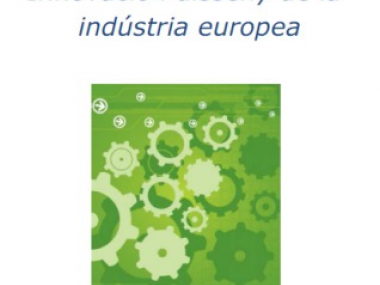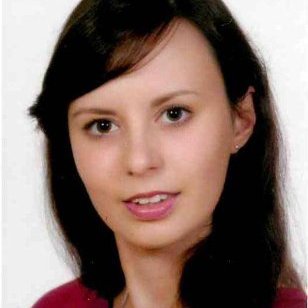Linking young talent retaining and attracting policies and the Smart Specialization Strategy at local level
Edited on
12 January 2018Research and Innovation Smart Specialization Strategies (RIS3) have been an exante condition for the Member States in order to implement their ERDF Operational Program; therefore there are about 350 RIS3 strategies in the EU and equal deployment models.

In Catalonia, one of the innovations of RIS3[1] deployment was the inclusion of a call addressed to Local Authorities in the ERDF Operational Program[2] in order to create innovative ecosystems in line with the regional RIS3. With this in mind, the local development agency of Sabadell municipality has undertaken an exhaustive work during 1,5 years in order to identify public-private projects to be included in a proposal for this call. This work has included interviews, workshops and reports taking into account the vision of private companies, research and technological centers, universities and other stakeholders of the territory. The findings from this process suggested that Sabadell area had to specialize on the design applied to industrial systems, thus promoting the advanced manufacture and 4.0 industry. As a result a robust action plan has been created including 7 different territorial operations and backed up by a local stakeholder support group including 4 neighbor municipalities, universities and technological centers to sum up strong actives to deliver the project.
RIS3 and Talent retention in Sabadell:
Sabadell will lead the overall coordination of the 7 different territorial operations of the action plan, moreover it will also lead one of the main operations called “Industrial Systems HUB” which will put the focus on the activation of new tools to develop the existing talent of the area and also to attract new talent with the objective to enhance the competitiveness of the industry. The aim will be to achieve an optimal environment for new business incubation related to the mentioned specialization, thus bringing added value to the industry. In the other hand, a great effort will be done in order to raise awareness on the value of the industrial sector and the new technologies applied to this sector among young talents. The aim is to trigger their curiosity and persuade them to choose study options related to the specialization, taking into account that their professional careers will be developed in an area with a vocational industrial tradition.
The main activities under this operation will be a diagnosis of training opportunities on industrial systems topic in order to adapt the talent to the local economic needs and also the design an adaptation of new public or private spaces to undertake training and entrepreneurial activities.
The perfect fit of Gen Y city project.
Gen Y city project and URBACT methodology just came in a perfect timing for Sabadell economic development plans. The discovery process undertaken in order to design the RIS3 action plan showed that retention and attraction talent policies had to be a basic pillar of the strategy. Gen Y city project will provide Sabadell with transnational examples on how to improve its policies for retaining, developing and attracting young entrepreneurial talents. At the same time, URBACT methodology will reinforce the work with local stakeholders towards an integrated approach of talent management in the territory, namely talent related to creative, technological and design sectors with appliances to the industrial sector. In this sense, Sabadell has organized 2 local support group (LSG) meetings already, some of the outcomes have been the evidence of a lack of information available on the behavior and needs of “Gen Y” talents in terms of living and developing their professional careers in the city. Another conclusion has been the need to develop a talent branding strategy to reinforce the identity of the city, which has been always linked to an entrepreneurial character.
As a first step, Sabadell has initiate the works with UAB university (which acts as well as a member of the LSG) to carry out an innovative study which will describe the profile of Sabadell’s young talents and will measure their mobility (migration within the city, but also among neighbor municipalities, thus measuring retention and attraction of talent) . The methodology of the study will be both quantitative (data) and qualitative (focus groups). Results are expected by the end of June 2017.
 Submitted by Karolina Prymas on
Submitted by Karolina Prymas on
